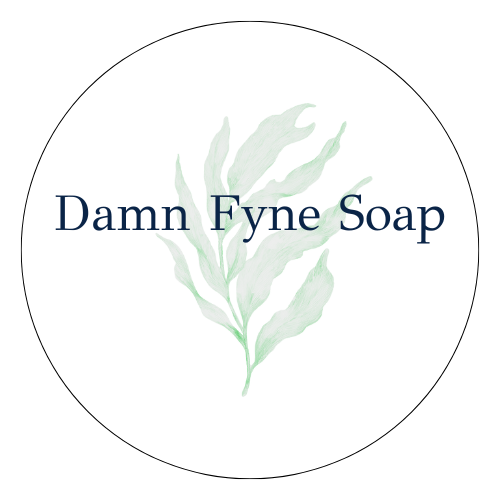What is so special about handmade soap?
Share

Unlocking the Secret of Handmade Soap: Why It's Worth the Investment
Ever wondered what sets handmade soap apart from mass-produced counterparts? While supermarket soap is convenient, artisanal, handmade soap offers unique qualities that make it a superior choice for your skincare routine.
What Makes Handmade Soap Unique?
Handmade soap is crafted in small batches by skilled artisans who have full control over the ingredients. Unlike mass-produced soap, handmade soap is free from synthetic chemicals, making it a natural and gentle option for your skin. This unique approach ensures each bar is crafted with care, resulting in a product that’s both luxurious and effective.
The Cold Process Difference
A hallmark of handmade soap is the cold process method, which imbues the soap with natural antibacterial and antimicrobial properties. This traditional technique involves mixing lye with oils and butters, which then undergo saponification to create a bar that’s rich in glycerin and beneficial for the skin.
Quality Ingredients, Superior Results
Handmade soap may come with a higher price tag, but it’s for a good reason. These soaps are crafted with premium ingredients such as nourishing oils (like coconut oil and olive oil), luxurious butters (like shea butter and cocoa butter), and therapeutic essential oils. These ingredients work together to cleanse, hydrate, and rejuvenate your skin, making handmade soap a worthwhile investment.
Say No to Harsh Chemicals
Mass-produced soaps often contain cheap fillers and harsh detergents like sodium laureth sulphate. In contrast, handmade soap prioritises quality over quantity, using natural ingredients that leave your skin feeling clean, soft, and moisturised without stripping away its natural oils.
Preservative-Free Formulation
Another advantage of handmade soap is its preservative-free nature. Mass-produced soaps rely on preservatives to prolong shelf life, but handmade soap retains its freshness without artificial additives. This ensures a pure and natural cleansing experience that’s better for your skin.
Therapeutic Benefits of Essential Oils
Handmade soap isn’t just about cleansing – it’s about indulging in therapeutic benefits. Essential oils, carefully selected for their aromatherapeutic properties, infuse each bar with soothing scents and skin-nourishing qualities, making your daily shower a spa-like experience.
Making an Informed Choice
To differentiate between mass-produced and handmade soap, check the ingredients list. Look for soaps crafted using traditional methods and natural ingredients. By choosing handmade soap, you’ll be rewarded with a skincare solution that’s kind to both your body and the environment.
Embrace the Beauty of Handmade Soap
In a world where health and self-care take centre stage, handmade soap offers a holistic approach to skincare. With its moisturising glycerin, nourishing oils, and meticulous craftsmanship, handmade soap is a symbol of quality, luxury, and care for your skin.
In Summary: The Benefits of Handmade Soap
-
Naturally occurring glycerin for skin hydration
-
Premium oils, butters, clays, herbs, and essential oils
-
Crafted in small batches for quality assurance
-
Free from harsh detergents and synthetic additives
Handmade soap is more than just soap – it's a testament to craftsmanship and a commitment to healthy, radiant skin.
